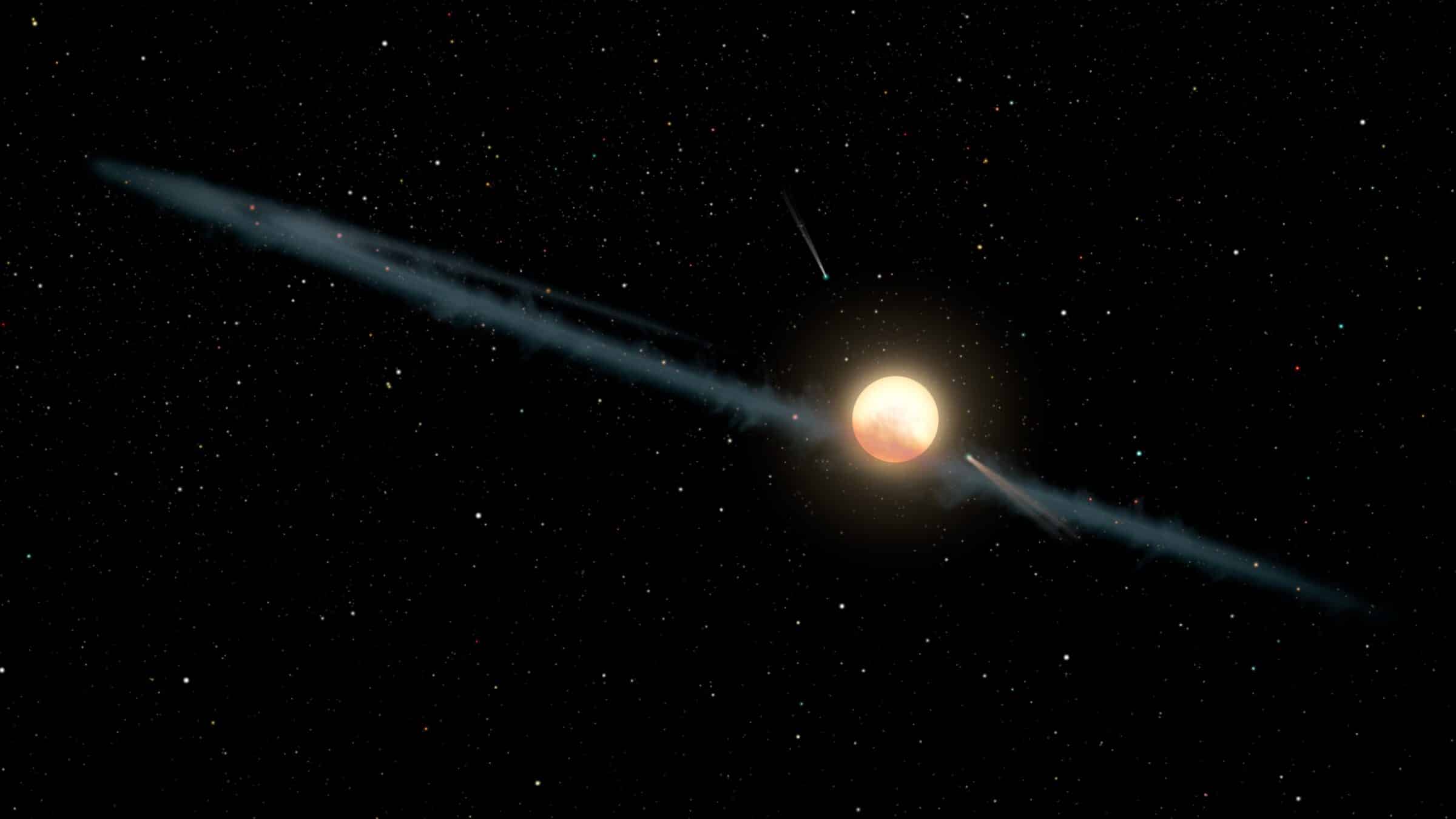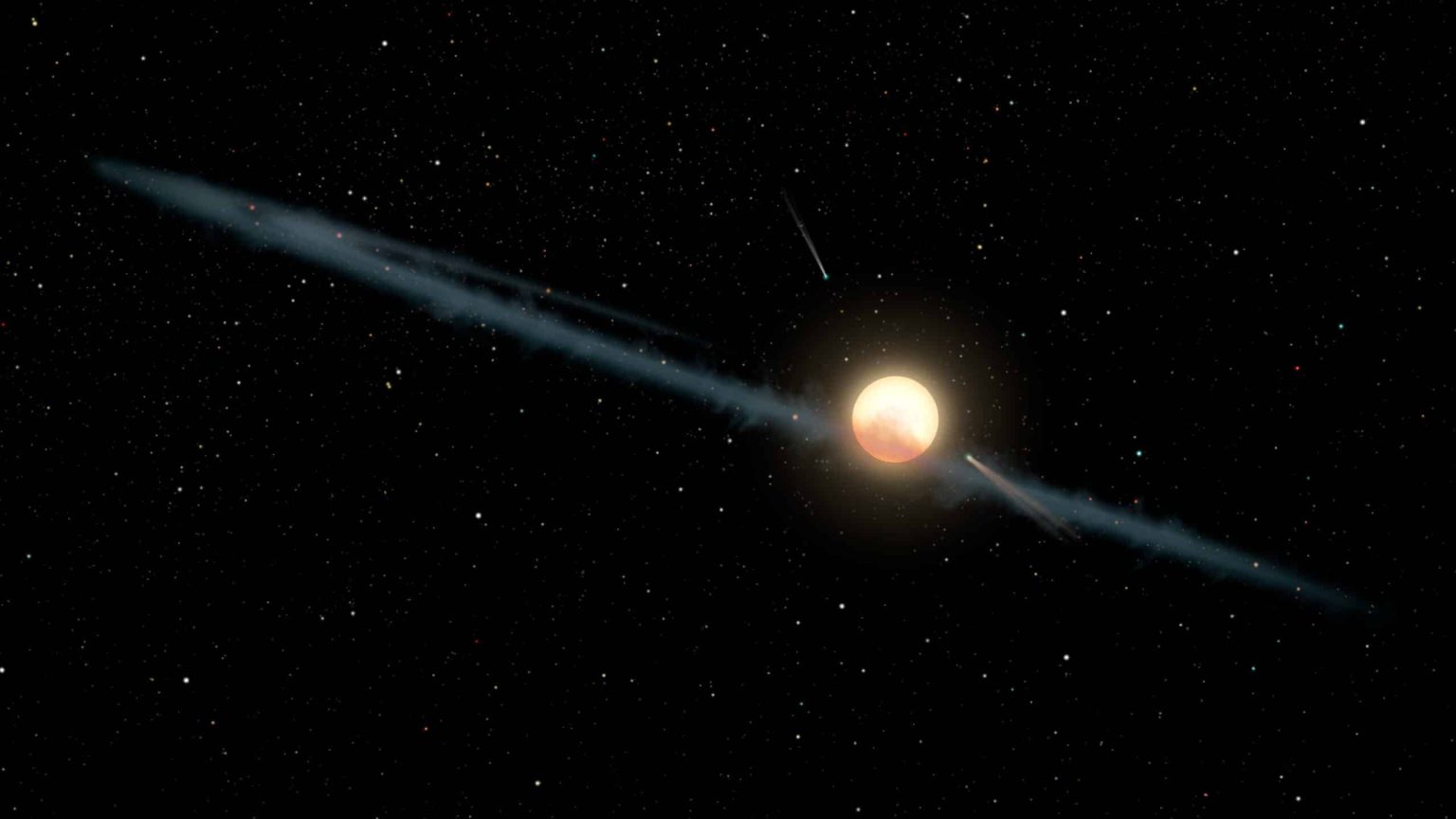
That’s the question Robert Lawrence Kuhn asked of cosmologist Paul Davies at Closer to Truth this past January (9:54 min):
Specifically,
Is there a soul? Is there an afterlife? The two questions are likely related. No soul, no afterlife. Is there any evidence for either? Any argument? However, the two questions — soul and afterlife — might be separated. A soul but no afterlife? Or an afterlife but no soul? According to science, you cannot have either. But is science the last word?
Paul Davies is a theoretical physicist, cosmologist, and astrobiologist who has authored a number of books, including What’s Eating the Universe? (University of Chicago Press 2021) and The Goldilocks Engima (Allen Lane, 2006).
Defending Deism
Kuhn: You’re very [4:51] comfortable with the existence of meaning and purpose in a universe in which the God built all all of the elegance and majesty into the originating laws to have them go on their own so to speak without his or her active intervention.
Davies: Yeah, let me put [5:13] this bluntly because this comes up so often in conversation. Now, supposing I were an omnipotent being, and you said, well, you can have any sort of universe you want.
And I think well, that’s nice. You know, I’ll have a universe like this: I’d like some planets in there and I’d like some ocean. A wave of one [hand], there’s the ocean. And let’s have some living beings. Oh no, that’s not quite right. Rub those out and start again. Dead easy if I’m omnipotent. I can just conjure it all into being.
I couldn’t respect such an omnipotent being because there’s nothing clever about doing that.
But now, imagine the challenge is this: What I’m told is, I’ve got to come up with some deep mathematical principles … and I’ve got to let the universe generate its own life, its own self-awareness, and let the whole thing self-organize, self-complexify, and I’m not allowed to meddle and tinker and just make things happen just by fear. That’s much much harder.
So when I look at the universe as a self-generating, self-observing, self-complexifying thing that, to me, looks really deeply ingenious, that looks really clever — whereas a cosmic magician looks to me like just a magician, just a conjurer, so I can’t have much respect for such a being.
And Now About the Soul?
Kuhn: But in [6:28] that process, say, don’t you lose something? Don’t you lose the great theistic vision of a personal God who is aware of human life and troubles and suffering and comforting and even indeed a future life, an afterlife, a resurrection?
Davies: Yes, you do lose it. I have [6:49] to say that what I’m talking about is something which is abstract, which is beyond day-to-day human affairs. It’s something in which human life is not central to the workings of the cosmos. It’s part of the general evolution of life and mind in the universe. So from that point of view, human life has a significance but we’re not at the center of the universe. And we’re not at the center of the attention of a God who is specifically concerned with human beings as opposed to the world.
Kuhn: There [7:20] wouldn’t be any implication for an afterlife…
Davies: I think there would be no [7:23] implication. I’ve always found it very curious that the afterlife is tied to God. We can imagine an afterlife and no God and we can imagine a God and no afterlife. They go together in most of the world religions but there’s no logical connection whatever between them.
So I see no reason that you couldn’t have some sort of afterlife in principle. It’s a logically possible thing, whether there was a God or no God.
Kuhn: But [7:46] that means that you have meaning and purpose in your Universe even though you don’t have a personal God whereas most fundamental physicists would see the whole venture as rather pointless.
Davies: I think it’s true that most physicists [8:03] would look at the same facts as me and say, well, they can’t discern anything like a meaning or a purpose or a point to it all and that’s right. So it really boils down to one of these arguments: Is the bottle half full or is it half empty? Because we’re all in agreement on the facts and it’s the interpretation we put on that. And my interpretation has always been that I think that there is a coherent scheme of things which is like a purpose but we have to be really careful with what we mean by these words.
A Couple of Thoughts in Response …
As an omnipotent being, God is the author, not the subject, of the math that underlies the universe. Thus he would most certainly not need to tinker around, or at least not in principle. He may do so for a purpose — for example, when he lets people learn on their own instead of enforcing obedience or excellence.
The idea of the immortal soul is tied to God because the ability to even think about God tells us something important: The human mind (soul) is the sort of entity that can have an awareness of immaterial things. That fact follows from its immaterial nature and immaterial things are, by their nature, not mortal.
The doctrine of most religious traditions that the soul is not destroyed with the body is not — it should be noted — presented as a comfort so much as a plain fact. In some traditions, it might mean that hellfire or countless rebirths await the person who lives as if he is the only entity who matters.
Also, the fine-tuning of the universe is for life is a fact, not a theory. A claim on the part of some physicists not to discern meaning or purpose in the universe often sounds like a fashionable pose or a pose of convenience. It overlooks the reality that in any human situation, we infer meaning and purpose when we see impressive fine-tuning — even if we don’t know, and perhaps can’t ever know, what the meaning or purpose is.
Davies’s views are helpful for helping to spell out what deism does and doesn’t mean.
Cross-posted at Mind Matters News.
jika, belum siap-siap hati konsep slot gacor adalah slot? sering kasih, win jatuh Yup sama mesin-mesin ini. disebut sebagai mesin jagoannya yang buat membawa pulang. hasil., tapi ini bisa cemana caranya jumpain raja lot benar Tenang Bro and Sis bahas, saja sih di sini aja di sini yang tepat? Santai Bro and Sis, kita bahas {santai|tenang] saja di sini

